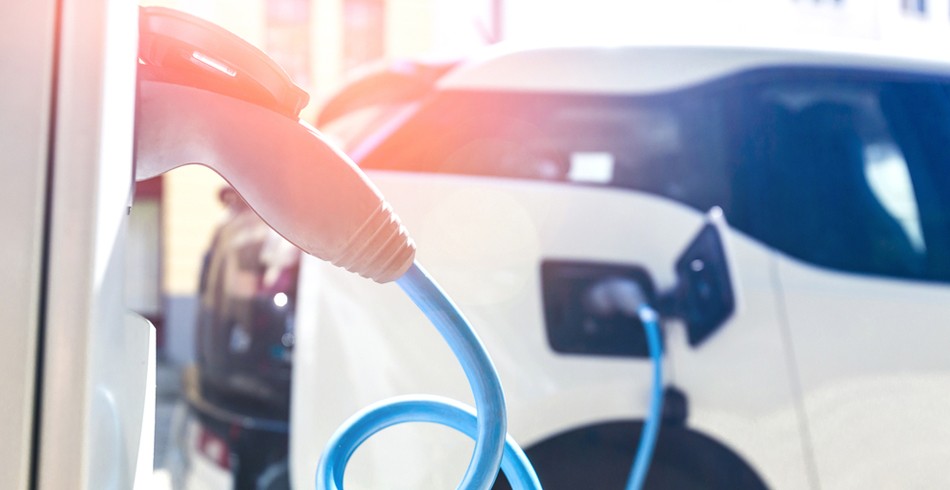The ACT Government has announced an action plan to guide the state’s transition to zero emission vehicles.
The plan was launched in Canberra this week by Minister for Climate Change and Sustainability Shane Rattenbury and Minister for Transport and City Services Meegan Fitzharris.
“The ACT’s Transition to Zero Emissions Vehicles Action Plan 2018-2021 will further enhance the ACT Government’s reputation as a world leader in sustainability by encouraging the use of zero emission vehicles and e-bikes,” Minister Rattenbury said.
“The action plan contains a variety of actions, including a government commitment to a zero emission vehicle fleet, new charging infrastructure, and incentives for consumers to purchase zero emission vehicles.
“Through this action plan, the ACT Government will cement itself as the national leader in zero emissions vehicles.
“Tackling climate change means tackling transport pollution, and zero emission vehicle vehicle technology is a key part of this.”
Transport Minister Meegan Fitzharris said electric vehicle ownership in Canberra already has many benefits.
“Zero emissions vehicles cause less air and noise pollution, have lower running costs, don’t incur stamp duty and receive a 20 per cent discount on registration fees,” Minister Fitzharris said.
“Electric bikes also help make it easier and cheaper for people to get around our city while getting exercise at the same time.
“By 2020, the ACT will be powered by 100 per cent renewable electricity meaning our biggest source of greenhouse gas emissions – at more than 60 per cent – will come from transport.
“We’re undertaking a trial of two battery electric buses and a hybrid bus running on diesel, we have an e-bike fleet for ACT public servants to use and we’re facilitating installation of charging points across the city.”
Electric Vehicle Council CEO Behyad Jafari said the ACT is leading by example.
“The ACT is already leading the Australian market in terms of per capita uptake rates of electric vehicles and deployment of charging infrastructure,” Mr Jafari said.
“This is driven by their existing stamp duty exemption and registration discounts for zero emission vehicles.
“The action plan will see the ACT cement their position as policy leaders on electric vehicles in Australia.
“The uptake of electric vehicles in the ACT is not only required to deliver on the territory’s emission reduction targets, but it will also reduce the cost of transportation for residents.”
The Electric Vehicle Council’s recent Recharging the Economy report showed electric vehicle uptake in Australia could provide an economic benefit of $2.9 billion by 2030, and increase net employment by 13,400 jobs.
“We also found drivers would be saving $1700 a year because of the lower costs to run an EV in comparison to an internal combustion engine,” he said.
“We welcome the commitment of 100 per cent of the government’s own new passenger vehicle fleet being zero emission vehicles by 2020/21 where fit for purpose.
“This will send a strong signal to the electric vehicle industry to bring more models to market, and provide flow on benefits to consumers.”







